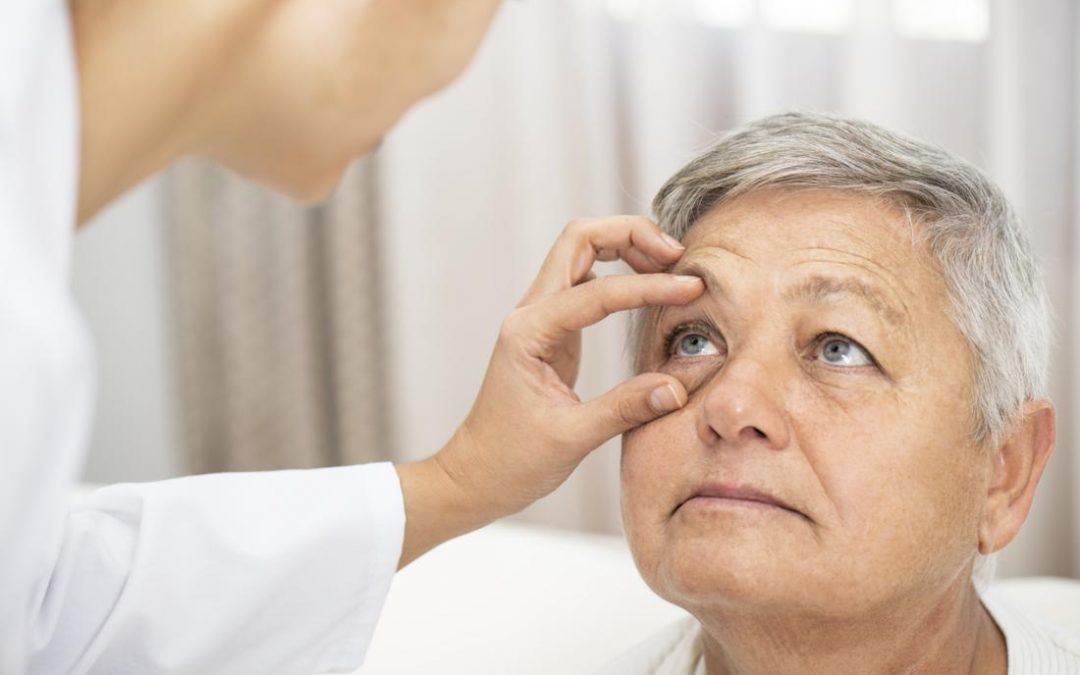
Signs That Indicate That a Senior Might Be Misusing Drugs
Life is not easy no matter what age you may be. To most of us, it might seem like older people have no worries and no responsibilities. We assume that by now the elders have learned to live their lives and are a pro at dealing with challenges.
We couldn’t be more wrong!
Elders have a lot to worry about. Relocation to new nursing homes, death of loved ones, declining mental and physical health and various other situations affect them emotionally.
For some elders, these situations act as potential trigger which can lead them towards drug abuse. As a caretaker, you need to watch out for these signs:
Social Withdrawal
If an elder is abusing a drug, they will do their best to hide their activities. To remain undetected, they’ll start to withdraw from friends and family. If you notice them not talking as much as they used to, not coming out of their rooms of their own will, and not spending quality time with others, then you might have to investigate further.
Befuddled and confused
Most people mistake disorientation as a consequence of growing old. That’s a myth, as it is not normal for elders to feel disoriented. If you see it happening, talk to the doctor immediately.
A thorough check-up would tell you whether the disorientation is the result of a medical condition or signs of drug abuse.
Mood Swings
If you notice your elders’ constant and abrupt mood swings, you must take that as a concern.
Alterations in mood become very obvious when the drug abuse has increased. They might seem calm and collected one minute, and extremely irritated or angry the next.
Some other signs of drug abuse in elders might include:
- Irregular and distributed sleeping habits
- Frustration, depression, and sadness
- Lack of appetite or changes in eating habit
- Failing to maintain proper hygiene
- Lack of interest in daily activities
- Lack of attention
- Loopy memories
- Unexplained bruises
- Unexplained chronic pain
- Craving loneliness and lack of interaction
- Losing touch with loved ones
Remember, the cure to drug abuse is in the cause. Instead of approaching them directly, try to find out the trigger. Help them with their worries and work towards improving their mental health.
You can also contact a homecare service to guide you in the process and help your loved one make healthier choices.










